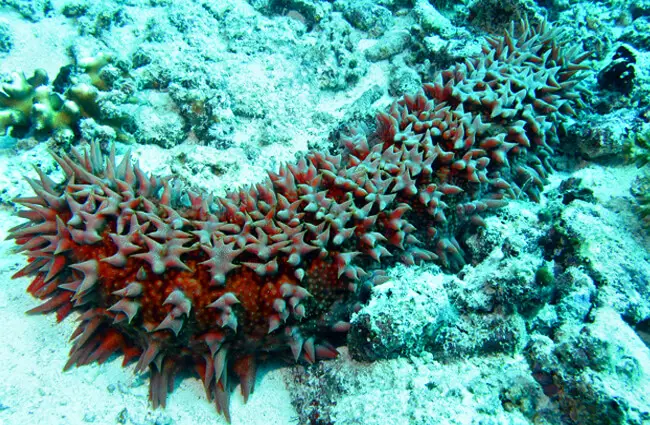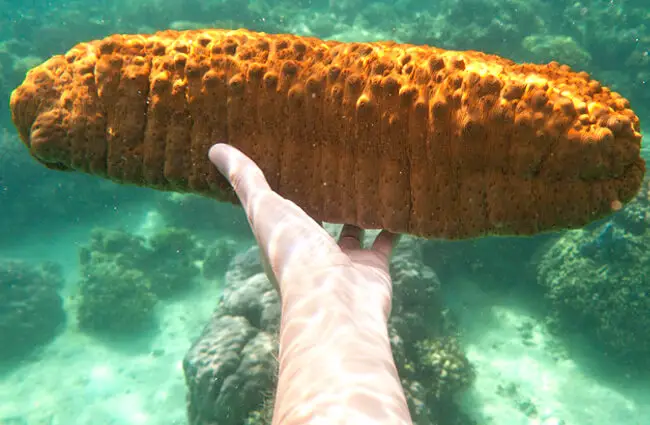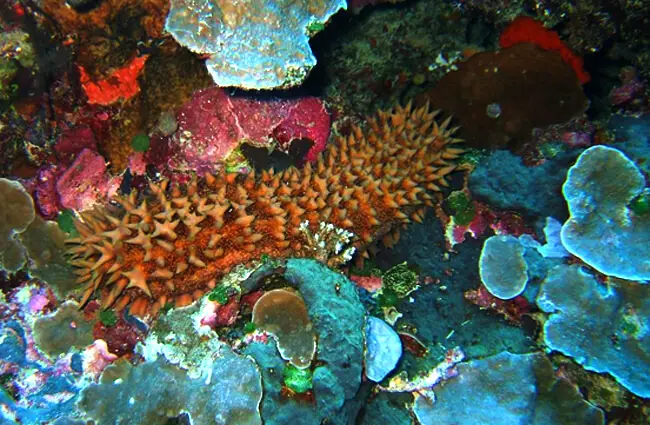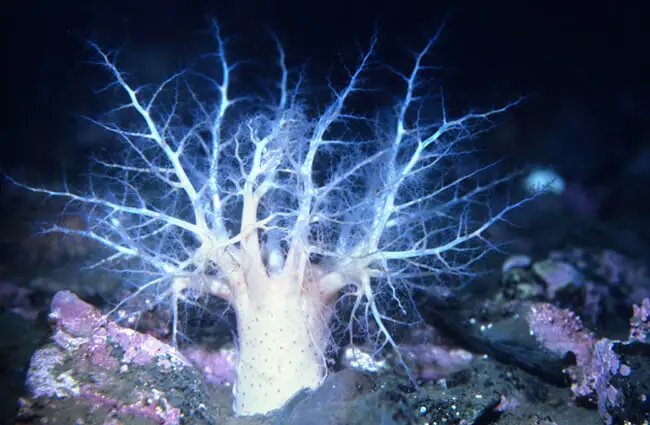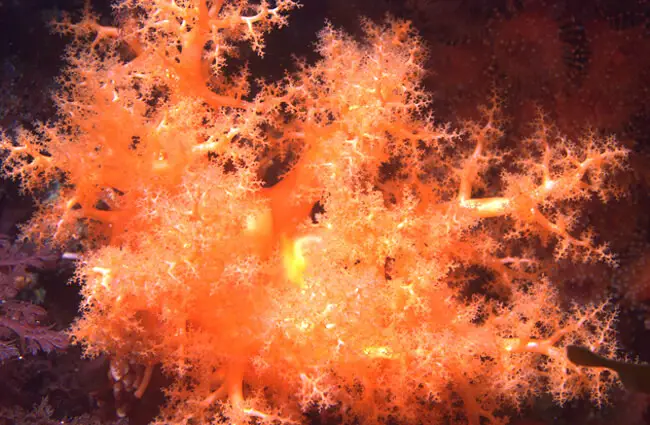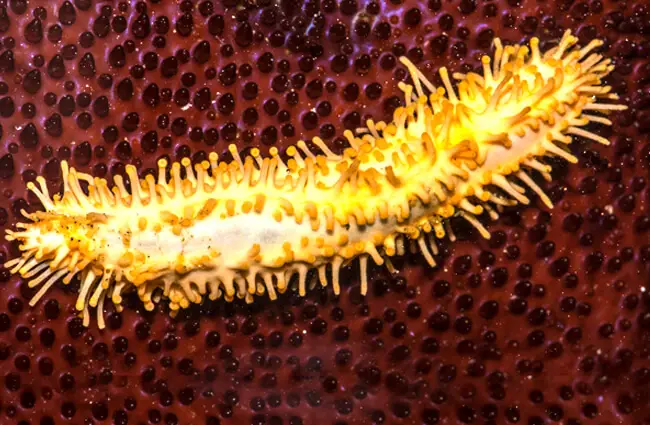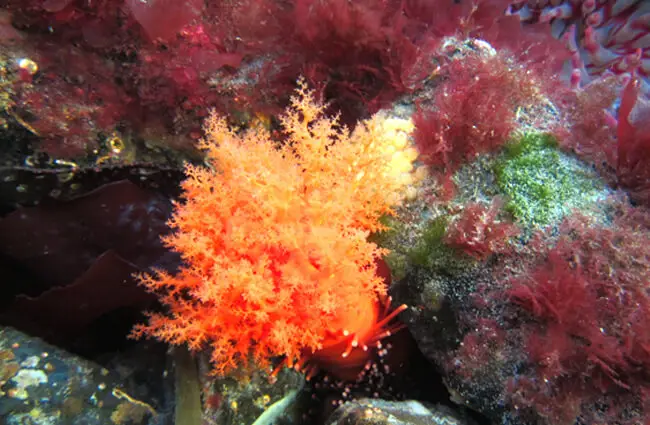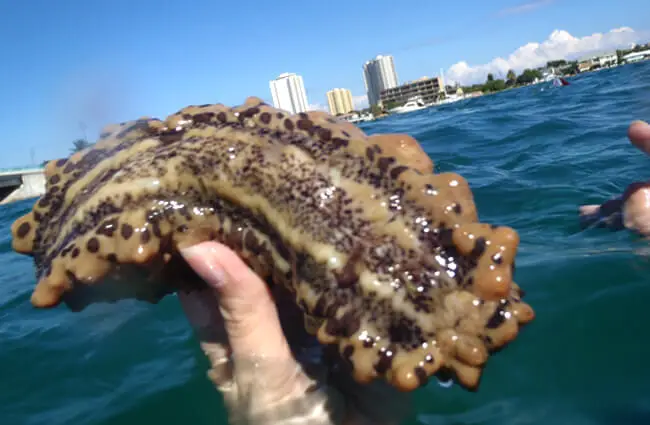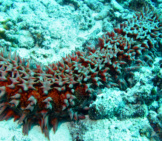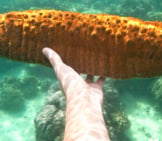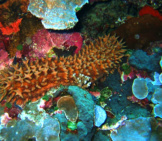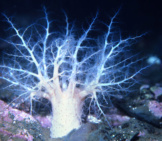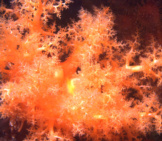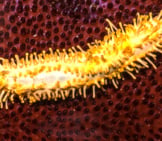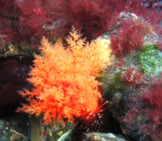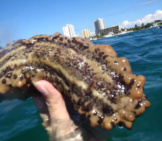Description of the Sea Cucumber
This group contains a across-the-board variety of different colors and sizes. however, most have a exchangeable elongated body supreme headquarters allied powers europe, similar to that of a quite chunky cucumber. Most species quantify anywhere between a few inches and a foot long. however, the largest species reaches distance of up to 10 feet !
Interesting Facts About the Sea Cucumber
A wide kind of different species exist. Learn more about a few unique species, below .
- Tiger’s Tail – This species has one of the longest body lengths of any species. It often exceeds six feet in length. Its name comes from its multitude of stripes, which give it the appearance of a tiger’s tail.
- Pineapple Sea Cucumber – This Endangered species has multiple growths on the skin of its body. These growths, known as “teats,” have star-like shapes and cover the entire body. People in Asia often eat this species.
- Sandfish – Another Endangered species, this creature gets its name from the sandy coloration of its skin. People have eaten this species for many years, and this pressure has reduced populations significantly. For this reason, many hatcheries in Asia raise this species in tanks to restock wild populations.
- Giant California Sea Cucumber – This species has uniquely striking coloration, with red skin and orange growths. They prefer intertidal zones with rocky bottoms.
Habitat of the Sea Cucumber
These creatures live in a wide diverseness of different habitats. All but a choice few live on the ocean floor, though a handful of species can swim. A large phone number of species live in deep waters. In the deep sea, these creatures make up the bulk of populate organisms. Many besides live in shallow waters, including rocky intertidal zones.
Read more: The 15 Best Chinese Restaurants in Charlotte
Distribution of the Sea Cucumber
You can find these creatures in oceans about worldwide. Some species live across huge regions, while others occupy merely a minor sphere. They entirely live in seawater habitats, and do not range into fresh water. Though they live in every ocean, the greatest species diverseness occurs in the western Pacific Ocean .
Diet of the Sea Cucumber
Most of the versatile species scavenge for anything comestible. They feed on detritus, or decaying topic, that drifts to the sea floor. Their mouths have rows of tentacles around them, which they use to sift through the sandpaper in search of anything edible. They besides use the tentacles to catch food as it drifts by .
Sea Cucumber and Human Interaction
People do not interact with the huge majority of species. however, humans do catch and eat a number of unlike Holothuroids. People, particularly in Asia, have been eating these creatures for thousands of years. Some besides dry them and use them for medicative purposes, the effectiveness of which has however to be fully determined .
Domestication
Humans have not domesticated these creatures .
Does the Sea Cucumber Make a Good Pet
No, you wouldn ’ triiodothyronine want a Sea Cucumber as a favored. Some people keep them in seawater aquariums, but their care and care is quite time consume and expensive.
Sea Cucumber Care
People in some regions raise these creatures in aquaculture tanks. Some aquariums besides keep them, peculiarly for manipulation in touch tanks. They house them in seawater aquariums with parameters close to their natural habitat, including salt, depth, ph, temperature, and more .
Behavior of the Sea Cucumber
One of the more popularly known behaviors of this creature is its ability to expel its insides from its anus in self-defense. In reality, these sticky strings, known as Cuvierian tubules, are not the cucumber simply spitting all its “ guts ” out, but a specialize defensive arrangement. The tube grow back in a week or two .
Reproduction of the Sea Cucumber
Though generative rates and habits vary by species, most reproduction occurs via spawning. The cucumber releases its eggs and sperm into the water at a given time, normally determined by light or temperature. A handful of species carry the fertilize eggs within their bodies to give “ alive ” birth .

